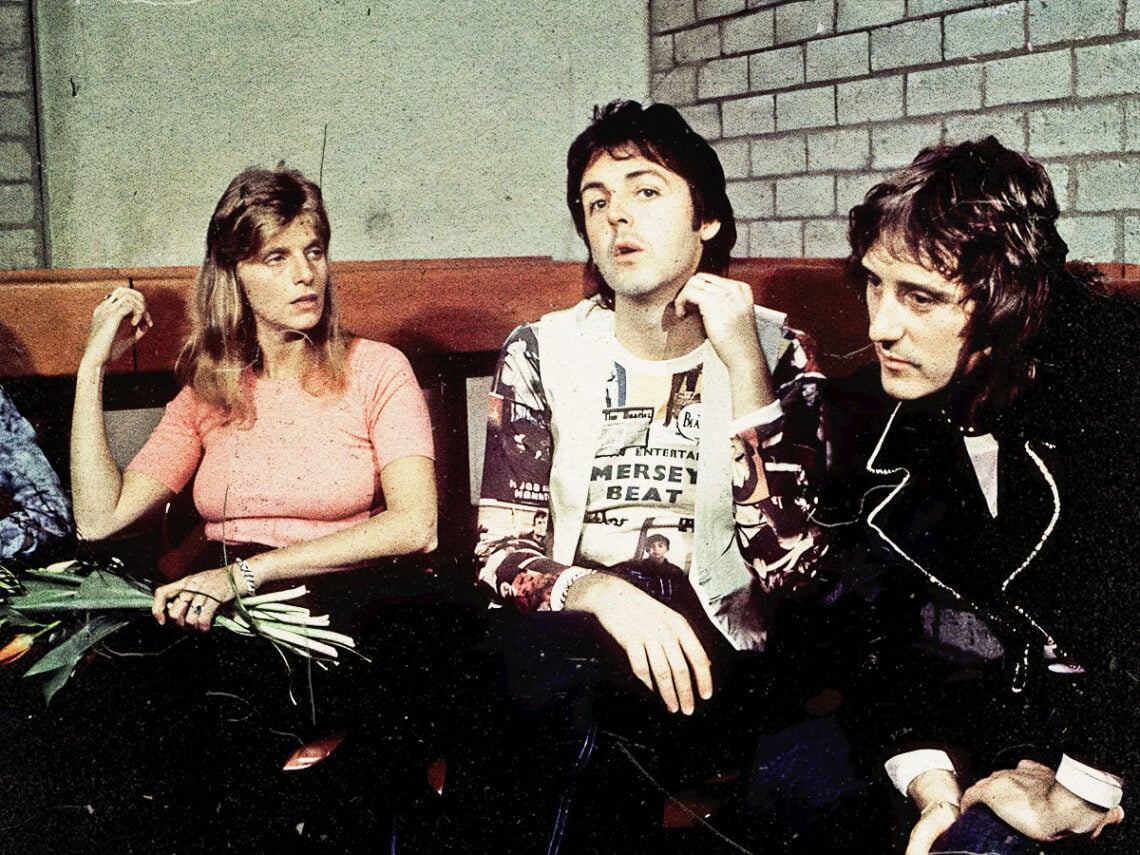“They’re only the band The Beatles could have been,” Steve Coogan’s comedy creation Alan Partridge once quipped about Wings. Somehow, this daft line from a sitcom does seem to ironically underpin the legacy of the band. Following on from the Fab Four was like Albert Einstein wondering what to do with his difficult second theory after cracking E=mc2, and this imbued the lighthearted pursuit of Wings with an aura of affability.
Paul McCartney himself was well aware of this. While critics may have bashed the band – in a way, doing so almost subconsciously to champion a changing of the guard – few of them were harsher than Macca himself. He had been used to unrivalled success in his previous outfit, rocking up 20 number ones with relative ease. But with Wings, he found himself in a quandary amplified by the sadness of the break-up that had gone before and impacted further by faltering returns.
”Anything Wings did had to be viewed in the light of The Beatles,” he said. That was never going to be easy. The Beatles were an oddity. Usually, great pioneering music takes a while to catch on. Bob Dylan’s record that changed the world, The Freewheelin’ Bob Dylan, reached a disappointing 22 in the US charts. Similarly, David Bowie’s The Rise and Fall of Ziggy Stardust and the Spiders from Mars reached number five in the UK charts and a mind-bending 75 over in the US. So, it’s perhaps understandable how a bit of time with The Starman made McCartney realise some of Wings’ records weren’t actually disasters.
“The interesting thing is that, looking back on some of the work, some of the stuff, it’s better than you think it was, but because it got such harsh criticism … from me,” the former Beatle recalled in an interview with Reverb. “The critics gave us a hard run, but I was particularly hard on us. I remember looking at a book, there was an album we did, I think it was Back to the Egg, which didn’t do well, and I remember thinking, ‘God, complete disaster.’”
However, with a friend offering a fresh perspective, McCartney continues: “Years later, I remember looking at it with Bowie in this old book—one of these who-did-what Hit Parade books, looking it up—and it was like number eight in America. And I thought most people would give their right bloody arms to be number eight. But eight, and I wasn’t satisfied, The Beatles had been number one. This is all right, keeps you going. But yes, a lot of the stuff is underrated, because of that.“
In some ways, this is indicative of the way the angle of cultural criticism is to build someone up to cut them down and pave the way for the new. The Beatles were beyond any impeachment and got out ahead of time. But this left an opening for clever contrarianism to question their solo releases and heap praise on the heavier future. This is a perennial conceit in music history, illuminated by the recent lyric by indie darlings Yard Act, who are obviously fearing their heads will soon be arbitrarily on the chopping block when they sang, “We just wanna have some fun before we’re sunk.“
Well, with Back to the Egg, McCartney was already sinking. Or at least that’s what he thought. He was trapped in the rhetoric surrounding his own records rather than realising that in reality, he was actually still firmly afloat. Eighth in the charts for an alternative act is no mean feat, and live Wings were tremendous, too. So, while quips by Partridge might still haunt the band a bit, there’s also the likes of Dave Grohl bucking the trend and championing Wings as an act that soared creatively.



